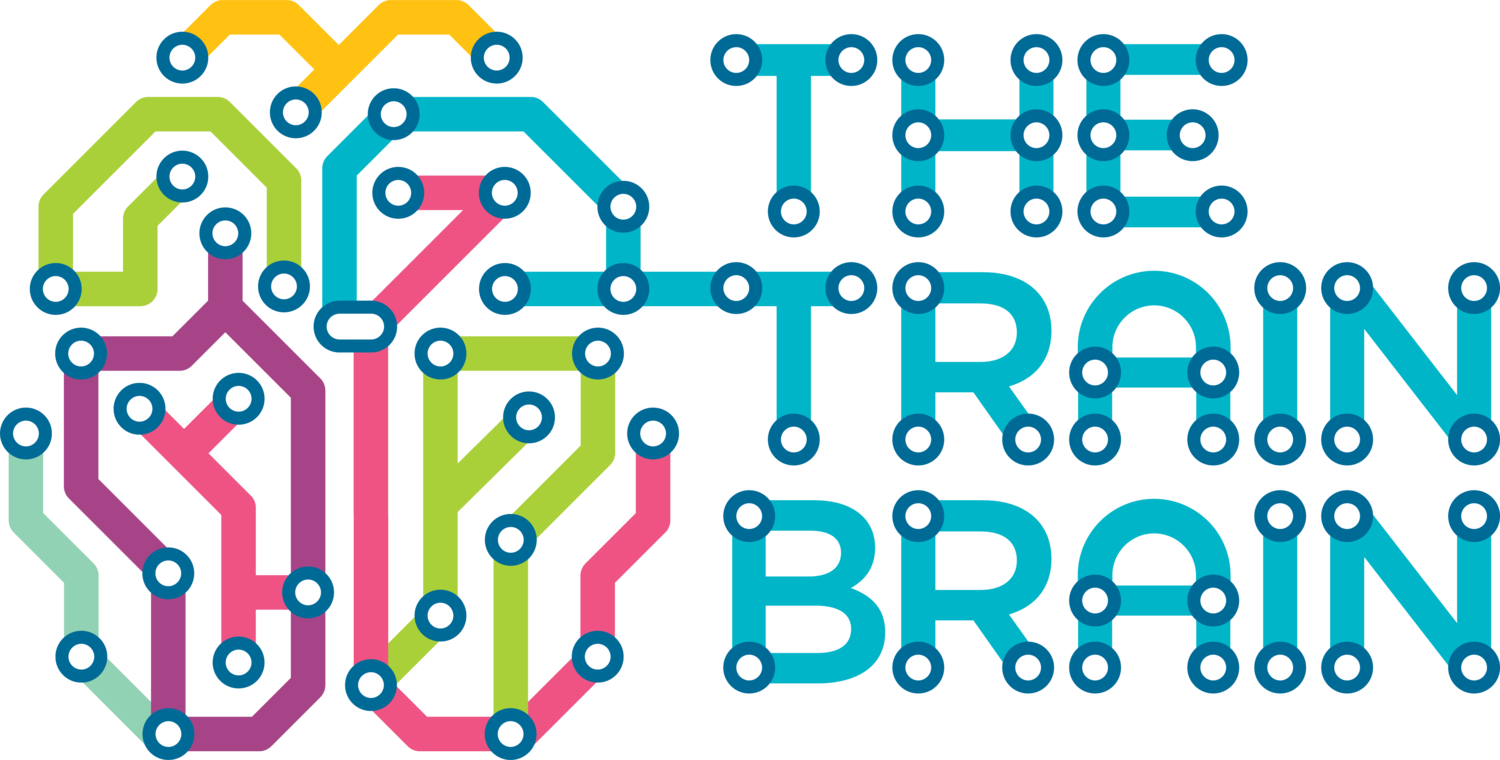Economic cost of hundreds of millions, which can’t be ignored, says deputy director of the Consumer Council.
Photo: Marie Hald
When trains do not run on time and thousands of passengers every day are delayed, it has a measurable socioeconomic impact.
In one year, train delays thus cost society 320 million euros. It shows new calculations made by Cowi for the Consumer Council.
We know that it has major consequences for the individual passenger, and now we have also talked about what delays and cancellations in rail traffic cost society. According to our survey, there are about 80,000 people a day that are affected, says Deputy Chief Executive Officer of the Consumer Council Tænk (Think) Vagn Jelsøe.
The calculations are based on the timeliness that the customer experiences, and all cancellations and delays are included for whatever reason.
It's a lost of working time because people come to work late and do not deliver the work they otherwise would have. So these delays mean that we, as a society, will be 320 million euros poorer than we would have been without these delays, he says.
Read about The Train Brain at VICE
According to the Consumer Council, politicians and train companies are the ones responsible for ensuring fewer delays in public transport.
Delays in public transport are not just a big problem for the individual. It is a million-euro loss in society, which can’t be ignored. Therefore, it should also be a win-win situation for politicians if they can impact on the delays, says Vagn Jelsøe.
Out of the 320 million euros, which the lack of timeliness has cost society for 12 months, 190 million euros comes from DSB's long-distance and regional trains, while 95 million euros comes from DSB S-train.
In addition, 5,5 million euros comes from Arriva trains - including the Vestbanen - and 5 million euros from the Metro.
Passagerpulsen (The Passengerpulse), that belongs to the Consumer Council Tænk (Think) works to improve public transport. They are set to open dialogue with politicians and transport companies. The objective is to discuss the consequences for the passengers of the many delays.
Read the article at Berlingske here




